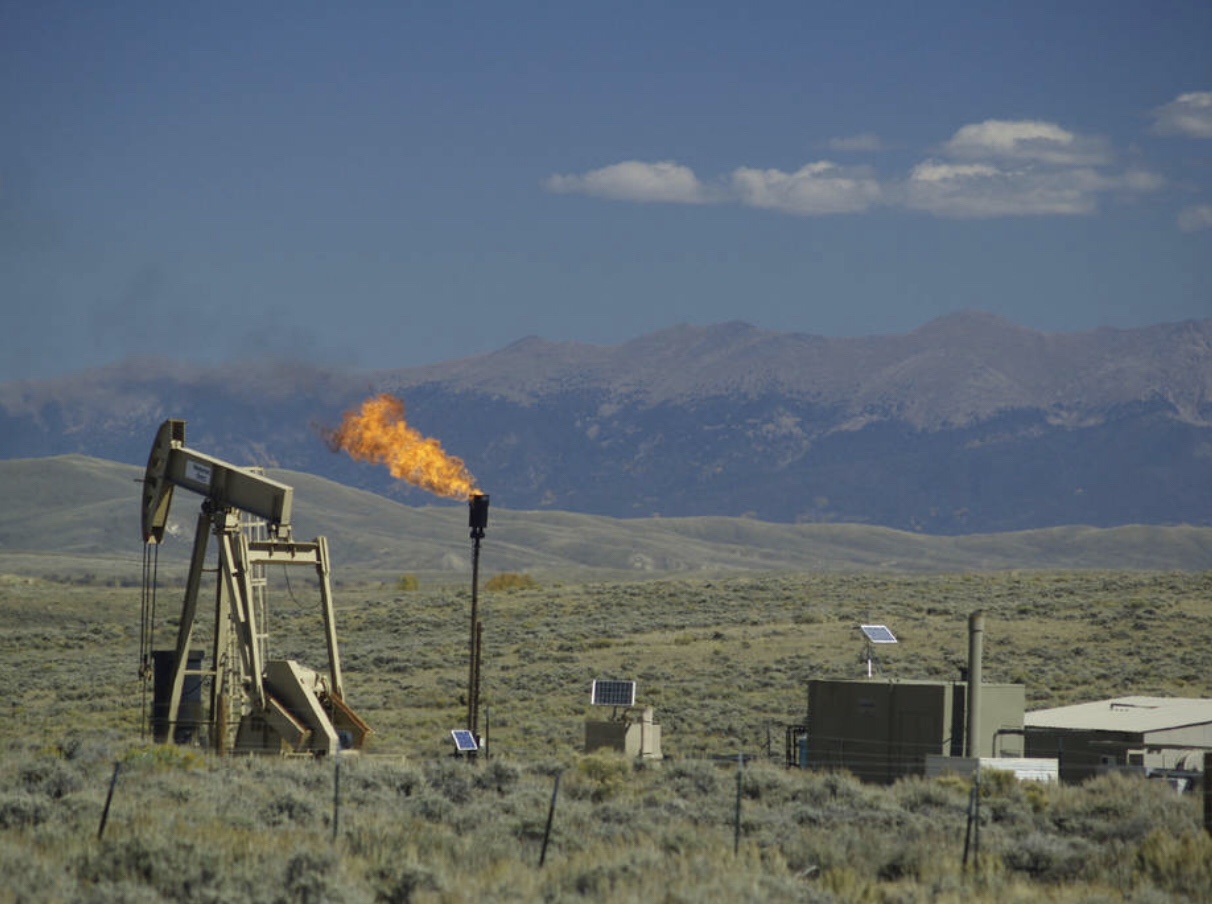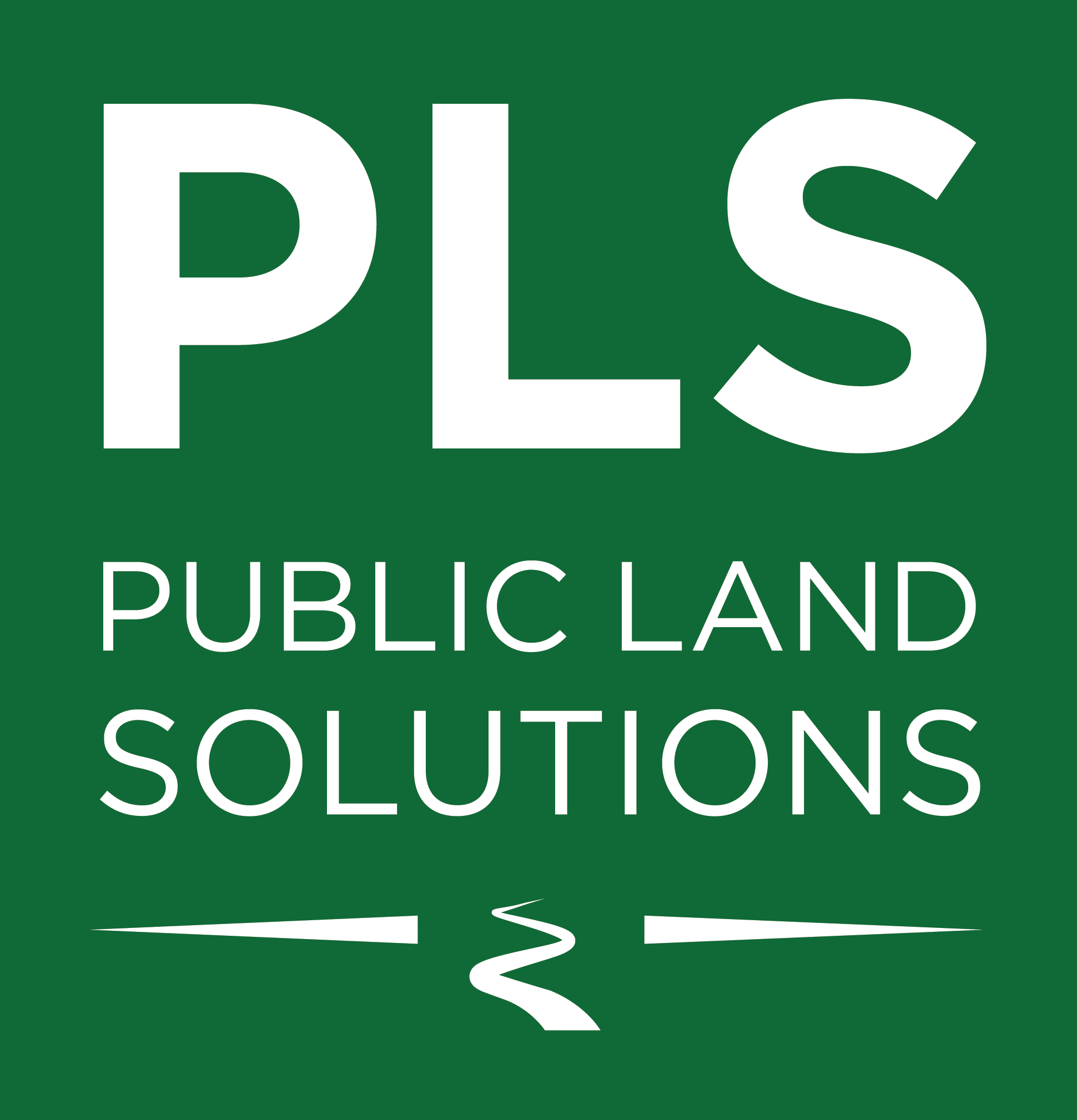
Methane is a powerful climate change pollutant responsible for 25% of the warming we experience today.
Climate Change effects will impair the quality of the outdoor recreation experience. It will cause health and safety concerns for recreationists and inhibit the outdoor recreation economy. The currently occurring—and accelerating—effects of climate change on public lands and waters and the recreational opportunities they support are extensive and increasingly well documented. When our air is dirty, people won’t hike in our deserts, ride bikes in our mountains or raft, kayak and canoe down our rivers.
- More frequent catastrophic weather events will damage recreation infrastructure including access roads, trails, and natural features themselves.
- Coastal erosion from seal level rise and more powerful storms will affect coastal recreation opportunities, natural resources and infrastructure.
- Water droughts and rising sea levels will impact boating access.
- The intensity and longevity of fire seasons will increase, resulting in damage or loss to recreation resources, as well as harming recreationists through impaired air quality which will affect the economies of tourism-dependent communities.
- Ice melt will limit mountaineering and ice climbing opportunities
- Oil and gas operations emit millions of metric tons of climate-warming methane a year and hundreds of thousands of tons of smog-producing volatile organic compounds (VOCs) that can trigger asthma attacks and worsen other respiratory diseases such as emphysema.
- The spread of tick and mosquito-borne illnesses will increase.
- The potential for heat-related illness will increase.
- NASA discovered a methane cloud the size of Delaware having over the Four Corners region in 2014, the highest concentration of atmospheric methane in the United States.
- According to the EPA, snowpack has been decreasing in the Rocky Mountain West since the 1950s, which could threaten the Rio Grande, Pecos and San Juan rivers and drinking water supplies.
The original 2016 Methane Rule has been revised after an attempted Congressional Review Act repeal effort. Environmental groups have sued to keep the original rule in place. See this blog for an update on the Methane Rule as of June 2019.
Public Land Solutions has engaged on several efforts on the methane front, including submitting comments and business sign on letters. See below for a list of downloadable materials on methane, including a fact sheet on the original rule and PLS Co-Managing Director Ashley Korenblat’s testimony on methane.
PLS Comment Letters
Methane Rule April 2018
Business Sign On Letters
Methane Rule Revisions April 2018
Methane Rule March 2017
PLS Methane Fact Sheet
[pdf-embedder url=”https://publiclandsolutions.org/wp-content/uploads/2016/08/PLS-Methane-Fact-Sheet-073015.pdf” title=”PLS Methane Fact Sheet 073015″]
Methane Waste CRA Testimony
[pdf-embedder url=”https://publiclandsolutions.org/wp-content/uploads/2016/08/Ashley-Western-Spirit-Methane-Testimony.pdf” title=”Ashley Korenblat Methane Waste CRA Testimony”]

